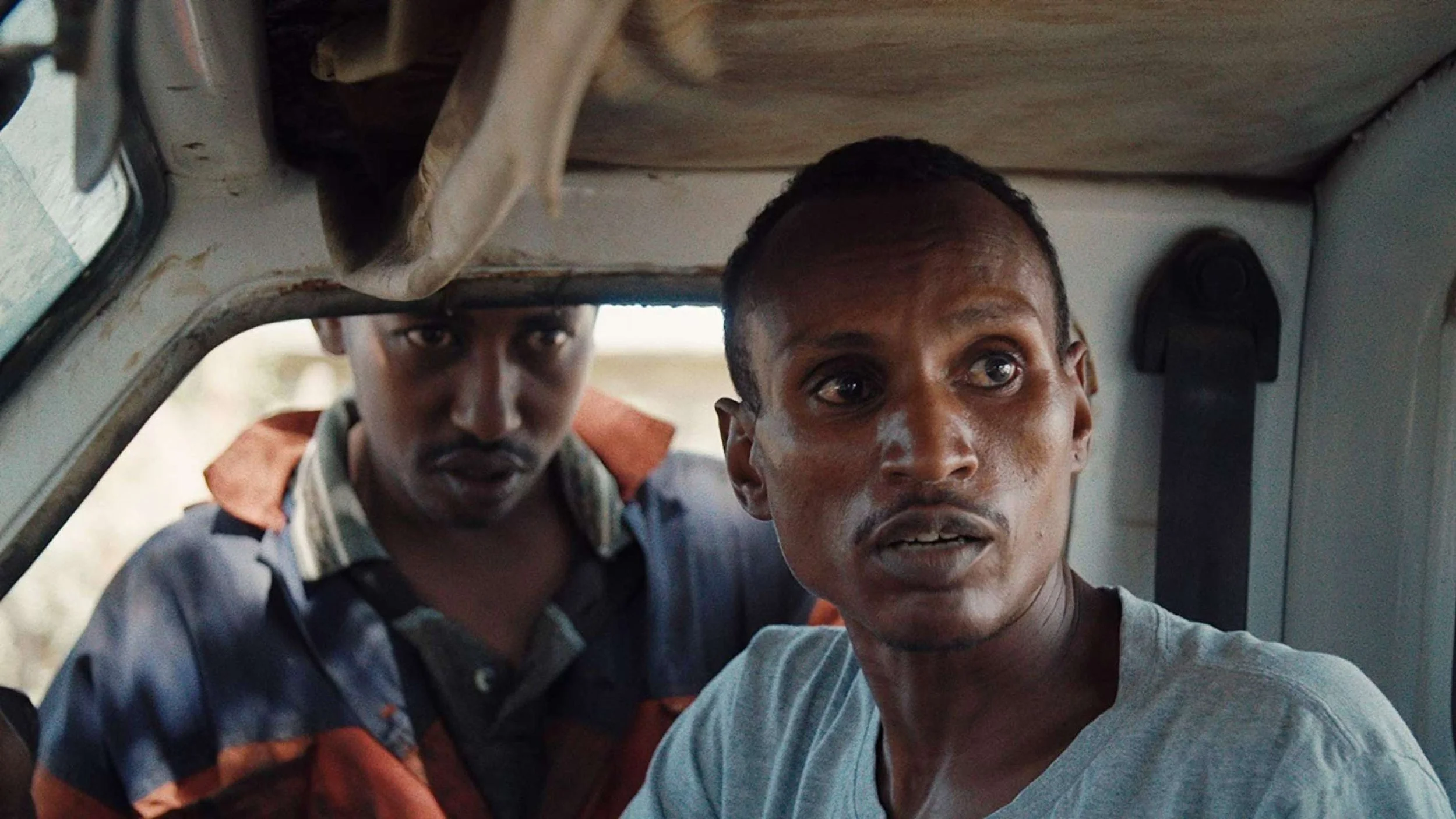When Lambs Become Lions
An insightful documentary showing difficult decisions taken to survive.
Although this film set in Kenya is Jon Kasbe’s first full-length feature, it seems safe to predict that it will be one of the year’s best documentaries. He does have an advantage in that the subject matter is relatively unfamiliar, but it is his skills as a filmmaker that make it such an effective work and one all the more remarkable for coming from a comparative newcomer. Furthermore, his decision not to take sides over the issues depicted adds to our involvement since it leaves it for audiences to reach judgments for themselves.
The situation portrayed here concerns the challenge to survive and to support their families that faces so many poor people in Northern Kenya today. Two cousins who have reached opposite decisions are at the centre of the film. One of them, simply known here as ‘X’, has accepted the fact that the most secure means of bringing in money is to live the life of a poacher despite its hazards. He relies on tracking down elephants and selling their tusks for which there is always a market. He may regard the actual act of killing as repulsive and prefer to leave it to his partner, Lukas, but nevertheless he accepts being part of this trade regardless of the severe threat that it represents to the survival of the elephants.
In contrast to that, Asan, the cousin of ‘X’, has put that way of life behind him and now works as a wildlife ranger charged with protecting the animals from being hunted. That might suggest that the choice available in an area where other work opportunities are severely limited is not morally complex. But, as this film shows, the rangers can be brutal to those they suspect of being hunters and, what is more, if anybody is caught slaying an animal they are expected to kill the perpetrator on the spot. A further issue is that, having made his choice, Asan now finds that he is just one of many rangers whose pay has fallen into arrear thus underlining the fact that opting to be a ranger does not guarantee that one will be able to earn enough for the upkeep of one’s family.
Kasbe got to know these people over a period of three years and clearly won their confidence. The result is a film which, although shot with the intimacy and variation of shots more usually associated with dramas than with documentaries, feels utterly authentic throughout. Easy as it is to deplore animal slaughter, the film's refusal to take a clear-cut one-sided stand yields a film that fully brings home to the viewer the complexity of the decisions faced by these people whose prime duty is to their families. Kasbe is also one of those credited with the photography which takes advantage of the ’Scope format although the images are projected here in the middle of the screen with subtitles in the blank space below (that makes them crystal clear but has the effect of distancing one somewhat by cutting across full immersion in what we are viewing, but no matter). Rather more off-putting is the inclusion of images of fire a few minutes before the close: they echo the very first shots in the film and thus suggest that they are there to conclude it in a balancing gesture. But in fact there are still scenes to come and they tend to feel indeterminate until we reach the actual conclusion accompanied by written statements that clarify the ultimate fate of those featured in the film. This is a blemish, but not one that prevents this film from being an absorbing document that puts us in the shoes of its protagonists.
MANSEL STIMPSON
Featuring ‘X’, Asan, Lukas.
Dir Jon Kasbe, Pro Andrew Harrison Brown, Innbo Shim and Tom Yellin, Ph Jon Kasbe, David Bolen and Alex Pritz, Ed Jon Kasbe, Caitlyn Greene and Frederick Shanahan, Music West Dylan Thordson.
The Documentary Group-Dogwoof.
76 mins. USA. 2018. Rel: 14 February 2020 Cert. 12.


